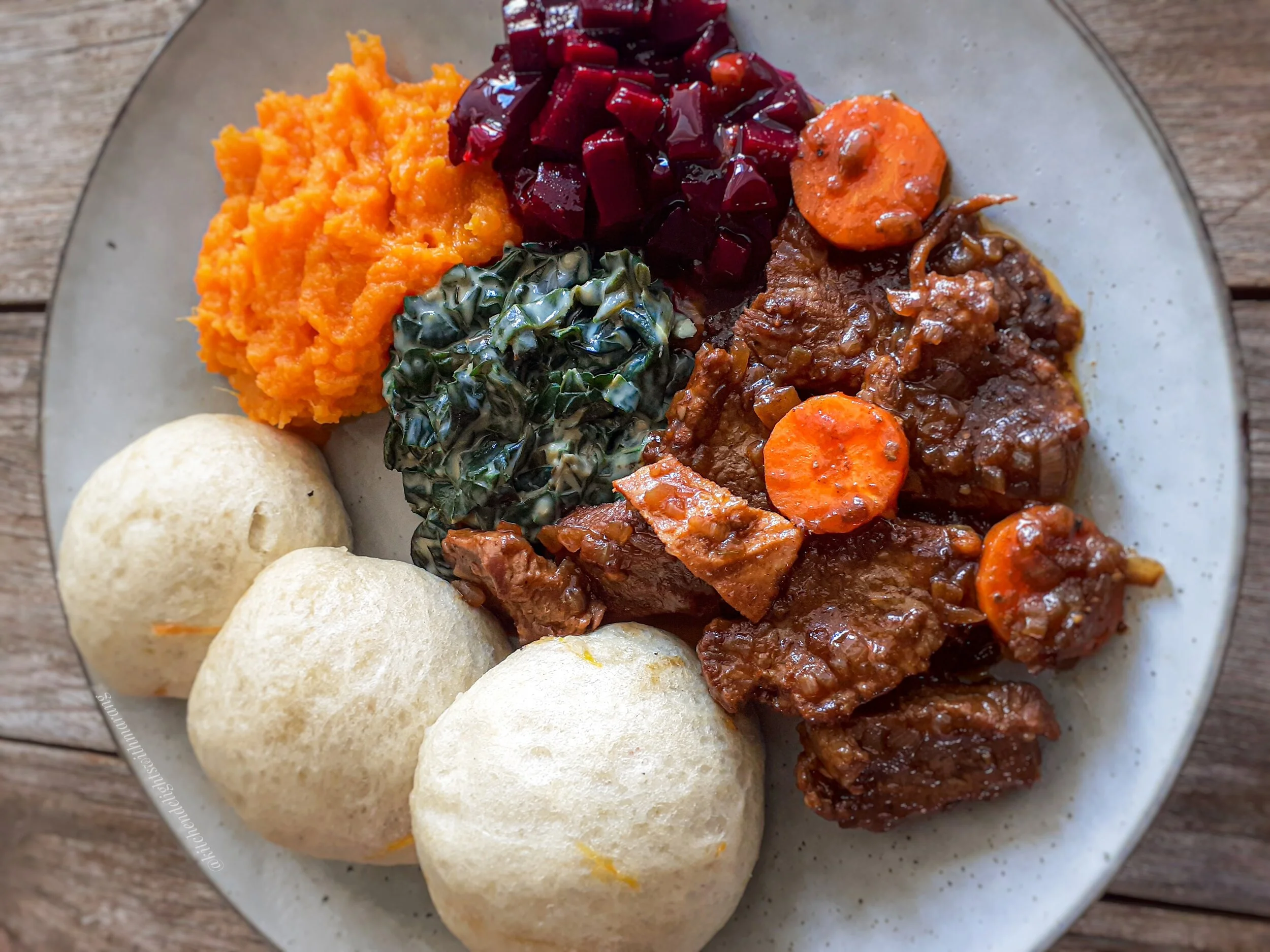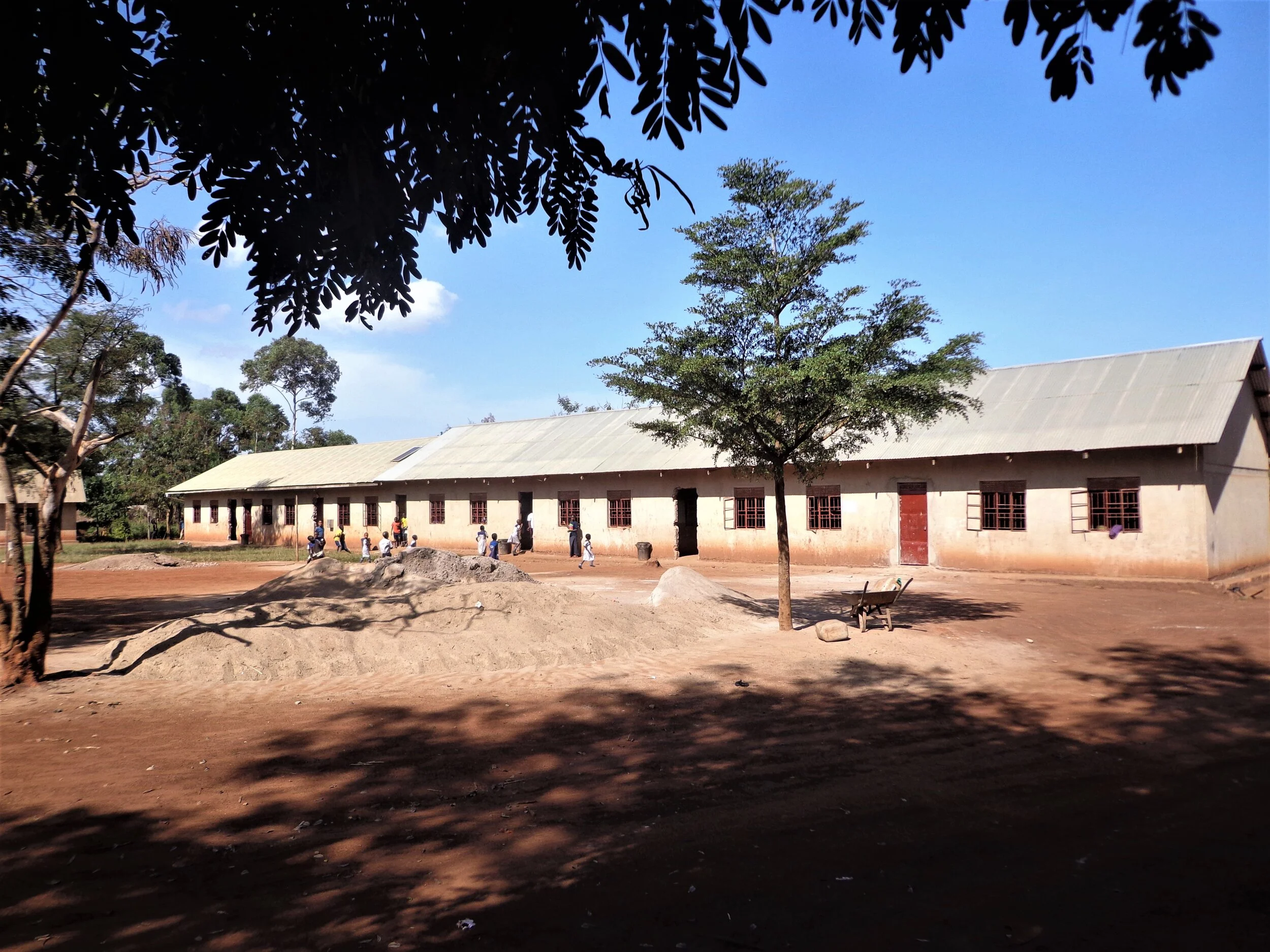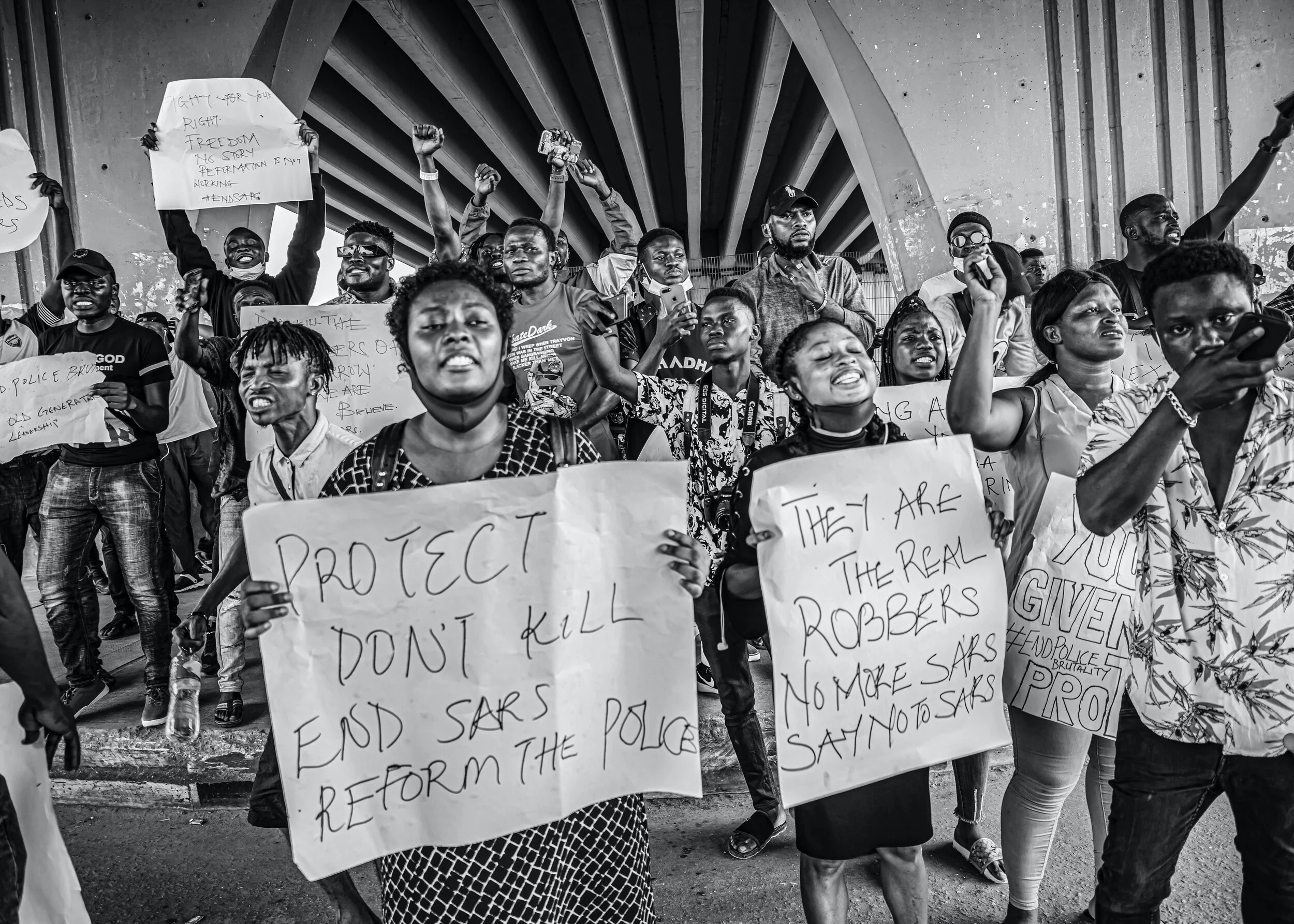The Price for Unity: a Nigerian Town Remembers
Oguta Lake
Photo: Shayera Dark
One November day, two months before the end of the Nigeria-Biafra war, the unthinkable happened. Evelyn Okororie had barely returned home to Oguta from a market trip to Nigeria’s Midwest region when neighbours informed her that an air strike had killed members of her family.
“The bomb fell on my senior brother’s house,” said Okororie of the missile that missed its target, an adjacent Biafran military encampment. “My mother died with three of my children, two boys and a girl. I looked for death but couldn’t find it.”
Okororie is one of countless civilians who lived in what was then Biafra—a republic born out of a secession and carved out from Nigeria’s south-eastern region—and is one of many aging witnesses to the brutal civil war that ended fifty years ago.
From 1967 to 1970, Nigeria and Biafra were locked in an internecine conflict that claimed more than one million lives and displaced countless others. The secession was a consequence of the federal government’s slow response to the massacre of south-eastern civilians, particularly Igbos, in northern Nigeria following the counter coup in 1966. In the course of the war, many would seek refuge in their hometowns as anti-secessionist hostilities across Nigeria and within minority communities in the south-east grew.
A resident of the southern city of Port-Harcourt, Okororie sold clothes for a living. But as Nigerian soldiers advanced into Biafran territory, and towns and cities fell in their wake, she, like many others, fled.
“People were running. We were being shelled from everywhere,” she said, recalling the day Nigerian combatants reached the city. “Pregnant women were left behind by their husbands as they gave birth.”
Evelyn Okororie
Photo: Shayera Dark
With no vehicle available to transport her and her seven children to Oguta, the octogenarian said they trekked all day, eating nothing but achara, a vegetable similar to leek. Eventually, she chartered a car in Owerri, a city 41 kilometres from her hometown and refuge destination. “When I returned [from Port-Harcourt], I returned with empty hands.”
Eyiche Adizua was living in western Nigeria with his family when an episode prompted his exodus to Oguta.
“[Nigerian soldiers] visited where I lived in Lagos, believing I was giving information to Biafra,” he said, adding that he heeded his flatmates’ advice to leave. “We were one of the last people allowed to cross River Niger Bridge.”
Biafran combatants would bomb the bridge to stop Nigerian troops from gaining access into their territory.
Sixteen kilometres from Uli airport—Biafra’s major supply line for arms and relief material, the lakeside town of Oguta was relatively peaceful. Refugees from across Biafra found a home among friends and strangers. Those lodged in schools were catered for by charities. Returnees accustomed to city life had to adapt to their new environment to survive.
Adizua who worked as a technician at the National Electricity Power Company (NEPA) quickly took up fishing.
“In fact, during the invasion of Oguta, I was attacked from the air while fishing with my son.”
The lake was a vital source of food during the war. “If you cooked then dipped the pot in the water, fishes would congregate,” noted the 88-year-old.
Eyiche Adizua
Photo: Shayera Dark
The blockade against Biafra made essential commodities scarce, prompting women to make the treacherous two-day journey on foot to Afia Attack, a trading post behind enemy lines in Midwest Nigeria. Some women on the trail were raped and killed by soldiers, while others died in bombing raids. It was during one of Okororie’s trips to the market that her brother’s house was bombed.
Okororie sold food and household items, and in return got Nigerian currency which she and other women then used to buy foodstuff, cigarettes, potash, salt, and weed since Biafran pounds was not recognised beyond its borders.
“I was bringing salt to Oguta,” she recalled, “and selling weed.”
Then in September 1968, Oguta’s semblance of normalcy was shredded when Nigerian gunboats invaded from its waterways. The town’s proximity to Uli airport made recapturing it a top priority for Biafran Leader General Chukwuemeka Ojukwu, who personally oversaw the battle for Oguta. Five days later, it was liberated.
Though the battle for Oguta was brief, the impact was life-changing and aerial bombings didn’t stop. Some returned to find retreating soldiers had looted and torched their homes. Others came home to murdered relatives who were either ill or infirm to trek to neighbouring towns.
Adizua’s uncle was murdered. “He was in his seventies,” he said.
The war’s end didn’t immediately resolve hardships for survivors. Schools, markets, homes and lives devastated by bombs and bullets still needed to be rebuilt. In addition, the federal government’s policy of giving 20 pounds to Igbos with savings in Biafran currency to exchange for the new naira notes, irrespective of what they owned before the war, left some impoverished. Still, others managed to regain their government jobs.
“NEPA gave me back my job,” said Adizua, adding that the national electricity company also paid his full salary for the years he was away. But fearing for his safety, he decided not to return to his former post. “I told them I won’t work in Lagos, so they posted me to Oji River [in Enugu].”
Okororie remained in Oguta post war, opening a restaurant that was patronised by Nigerian soldiers stationed in the town. She sold to them on credit and said they paid her at the end of the month.
Asked whether she harboured any resentment towards them, the businesswoman shook her head. “I wasn’t angry towards the Nigerian soldiers. What God wills is what happens.”
A version of this story was originally published on CNN.
You May Also Like













